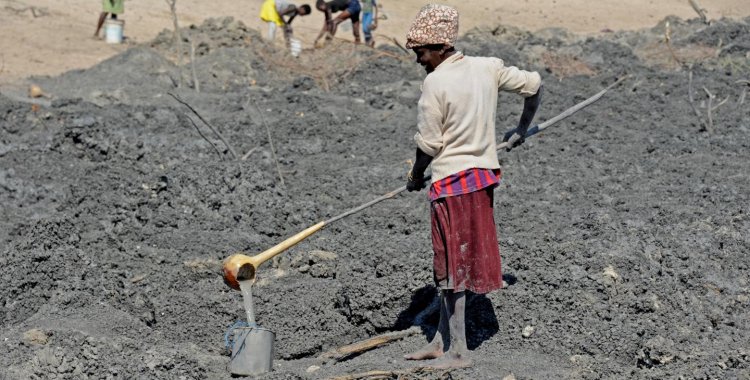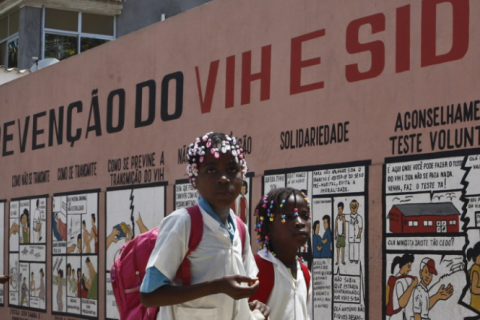"The response to the drought is part of a governance pattern that does not allow much space to understand and accommodate the problems, needs and visions of rural communities. Also because of the very centralized and hierarchical structure of politics in Angola, in which the most decisions come from the presidential palace" in Luanda, anthropologist Ruy Blanes, from the University of Gothenburg, who led the study, told Lusa.
The researchers analyzed the Angolan authorities' response to the drought in the south of the country since 2019, when the southern provinces, namely Namibe, Cunene, Huíla, were on the brink of an unprecedented humanitarian crisis after nearly a decade of drought.
At that time, the United Nations provided Angola with 6.4 million dollars to help the government face the drought crisis in the south of the country, which according to its estimates affected 2.3 million people at the time.
Three years later, the researchers conclude that, "despite the cooling of media attention on the matter, the situation has not changed substantially".
"There was a very large mobilization, but there was not necessarily a systematization of this mobilization. The conclusion is that there were many programs, many redundant projects, a lot of lack of communication between the different entities. (...) Basically, the approach has been an approach to remedy, not so much to solve the problem", he said.
According to the study's conclusions, this is partly due to the fact that the measures taken by the Government were taken without the support and without taking advantage of the knowledge of the local communities.
"Many times a lot of information is lost, a lot of dialogue is lost and, finally, when the policies and decisions taken in Luanda reach the locals, (...) the local populations either don't understand or they don't agree", explained Blanes.
The scientist exemplified that the Government's strong investment in agro-industrial projects, in an attempt to reduce imports of essential goods, is being made at the expense of occupying lands that were used by rural communities, interrupting routes used, for example, by transhumant communities. , who walk with the cattle in search of pasture and water.
The Spanish researcher added that the Cunene River Water Transfer System, a state investment of 117 million euros to combat drought in southern Angola inaugurated in April by President João Lourenço, "will help, but only partially", a since it will only benefit some communities.
"There are others, we visited some in the province, which will not be covered by this process and who are also in need of access to water", he underlined.
The scientists also argue that, in addition to investing in the construction of this system, which transfers water from the Cunene River and aims to benefit 250,000 people, the authorities should take advantage of and renovate other existing infrastructure, some dating back to colonial times, around which many communities had already organized.
"The Angolan government, instead of investing in renovation and maintenance of the existing infrastructure, prefers to invest in new construction projects, because construction itself is also a very important source of income, it is a business", he lamented.
Author of an article published this week with the title "How not to respond to drought: Lessons from Angola", Blanes believes that the answer should go through "giving more autonomy to local authorities, who have knowledge of the terrain, which allows them to make more informed".
"Within this great panorama that is the drought in southern Angola, there are realities, from a social, economic and environmental point of view, that are very different between the different communities. Between Namibe, Huíla and Cunene. So, a solution that works for Cunene is not a solution that is necessarily for Namibe, where it never rains", he exemplified.
The researcher admitted he was not optimistic about the situation in southern Angola, arguing that the problem is related to the lack of a decentralized system in the country.
"As long as there is no real and sustained municipal system, it will not be possible to solve problems, because all decisions will be taken centrally according to political interests in Cidade Alta in Luanda".







